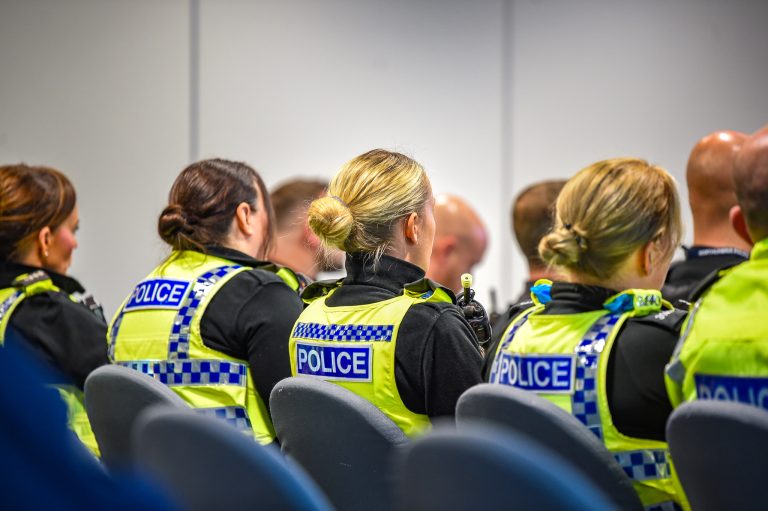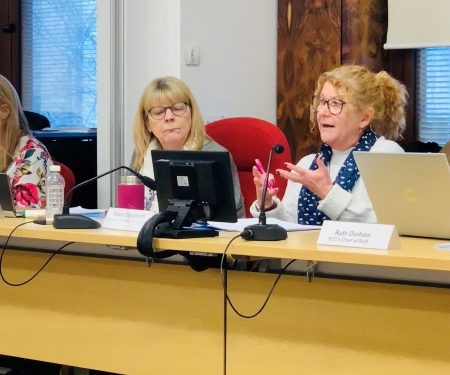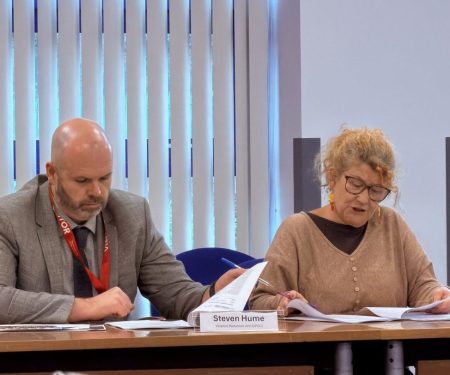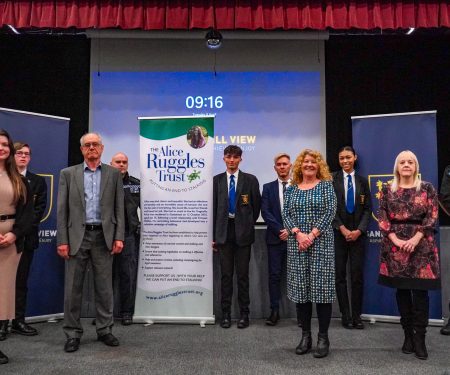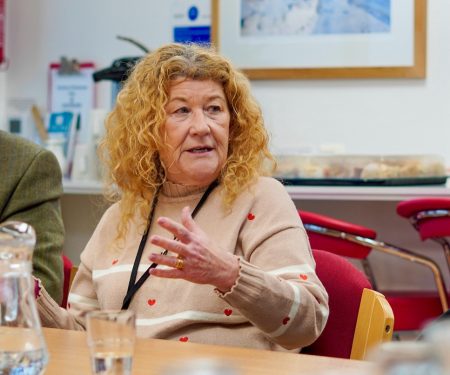POLICE and Crime Commissioner Susan Dungworth is encouraging residents across Northumberland and Tyne and Wear to have their say on the Force’s budget for the next financial year.
From today (Monday 6 January 2025), local people across the area are invited to give their views on spending plans for local policing – known as the police precept.
Keen to protect and sustain current service levels and ensure the Force continues to meet the needs of the public, Susan has launched a public consultation.
Police and Crime Commissioners are responsible for setting the police precept – which is the amount that local council taxpayers contribute towards policing.
The police budget is always based upon the Government’s assumption that each police force raises the precept by the maximum amount allowed, therefore anything less than this would mean the force would be required to review the service it delivers.
This means Northumbria Police’s allocated budget from Government assumes that taxpayers locally will contribute an increase of 78p per month for a Band A property. More than half of all properties in the North East are Band A.
The survey asks if people feel 78p per month is an acceptable increase to help keep the force appropriately resourced, meet budget pressures and allow for some investment. Potential areas include: preventing ASB in urban and rural communities, tackling fraud and online crimes, targeting offenders and preventing Child Sexual Exploitation, and increasing resourcing to help bring offenders to justice.
The survey also states that choosing not to pay a slight increase would mean significant budget challenges for the force, with reduced funding of over £5.9m, requiring associated cuts and efficiency savings to be identified.
Looking to the coming year’s finances, Northumbria Police and Crime Commissioner, Susan Dungworth, said: “I have to set the scene here – the budget will be tight and there are difficult choices to be made – raising a precept being one. Sustaining current police levels by slightly increasing the police element of the council tax is what we need to happen if we are going to protect and sustain current policing levels – and we are all keen for that.
“We’ve already welcomed funding news from Government of around £3m for neighbourhood policing – a real commitment – but it doesn’t cover it all. We also await more special grant detail but, in the meantime, the Chief Constable and I are determined to map out a budget that offers real value for money for the people of Northumbria.
“We will do all we can to protect frontline policing and ultimately protect the public and this does come with a price tag. We can’t expect a new Government to put a decade’s worth of cuts and underfunding right in year – but we eagerly await details of the police reform plans to help deliver efficiencies nationally across the police service – and these are all great steps forward.”
She added: “I always want to hear the views of local people – everyone should play a role in shaping decisions that impact community safety.
“Setting the police precept is always challenging, particularly during times of high inflation, rising costs, and increasing demands on our police service. For me, it’s important we protect what we have got and continue to meet the needs of the public.
“Despite the challenging years of austerity, and the impact this had on officer numbers, we are working hard to undo those effects and will keep doing so.”
Northumbria’s Neighbourhood Policing Teams recently saw an increase of 134 dedicated officers, and last year’s precept increase funded a dedicated motorbike disorder team to deliver on priorities set by residents.
When asked what people can expect for their money this time, the PCC responded: “I want to work with the Chief Constable to tackle ASB, fraud and online crime and strengthen all departments to help bring more offenders to justice. All of this requires additional funding though. This is why I am asking how much people are willing to pay to be able to help support our region’s efforts to deliver safer streets and stronger communities.”
To share your views, the consultation can be found online here
END

